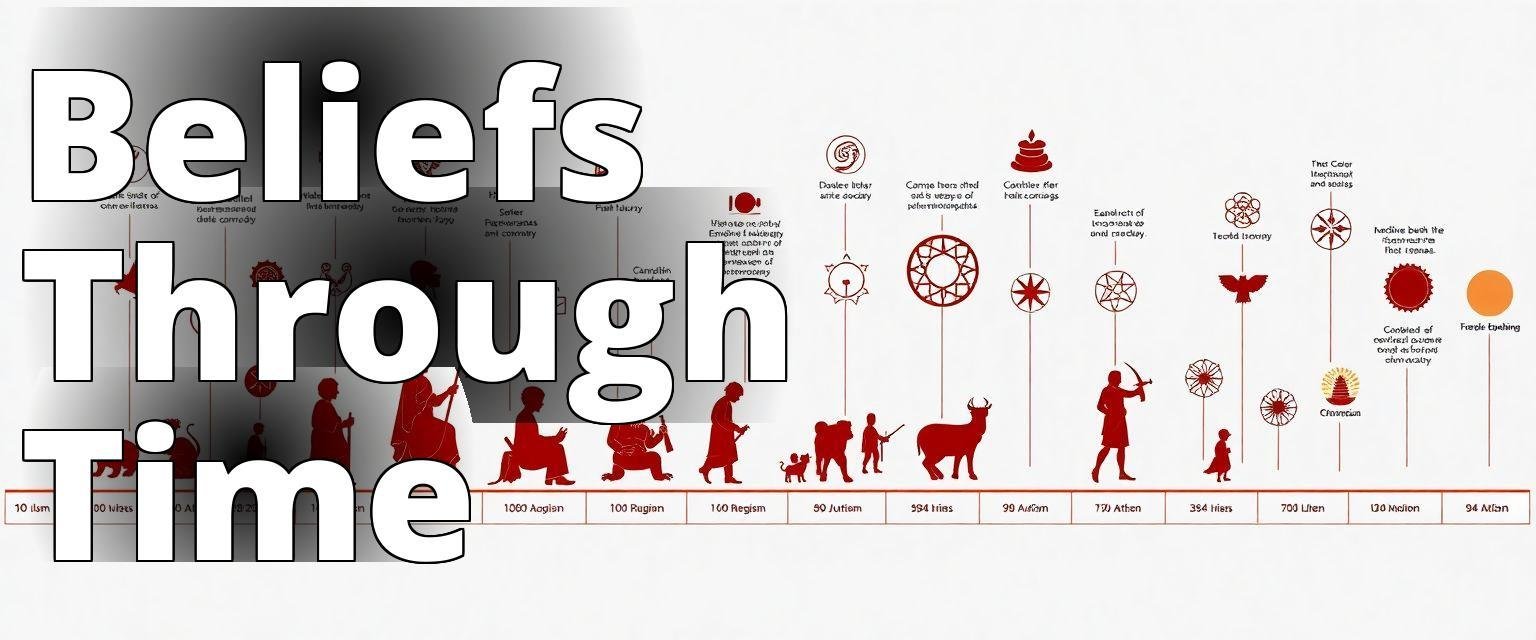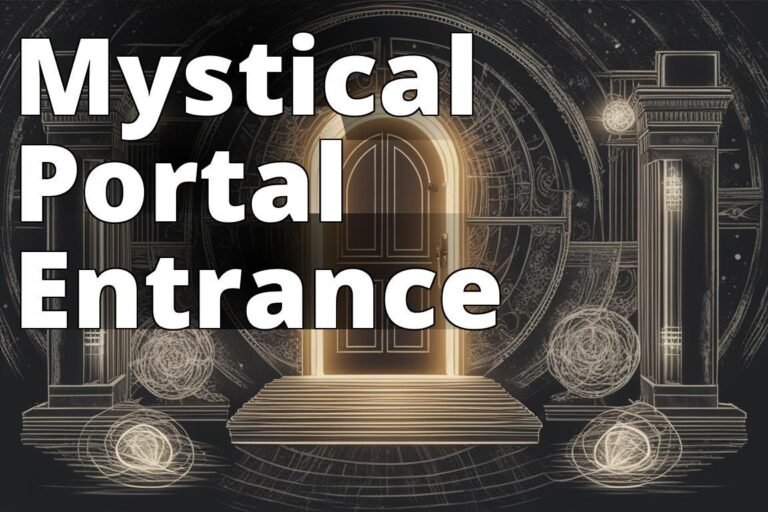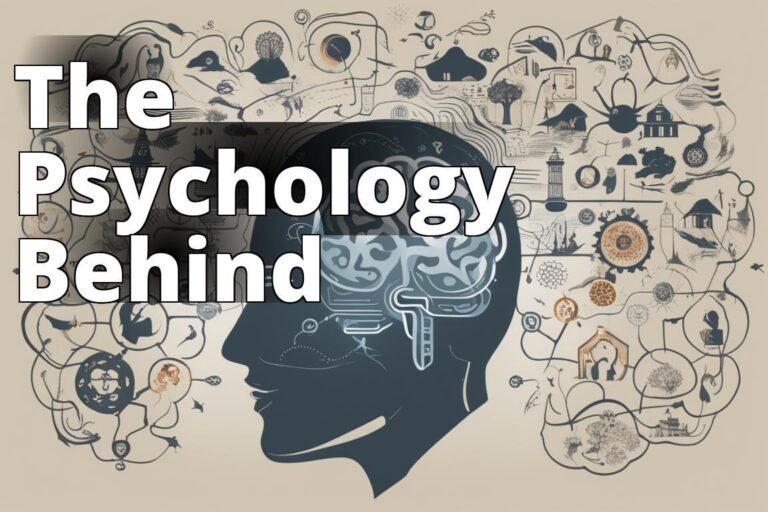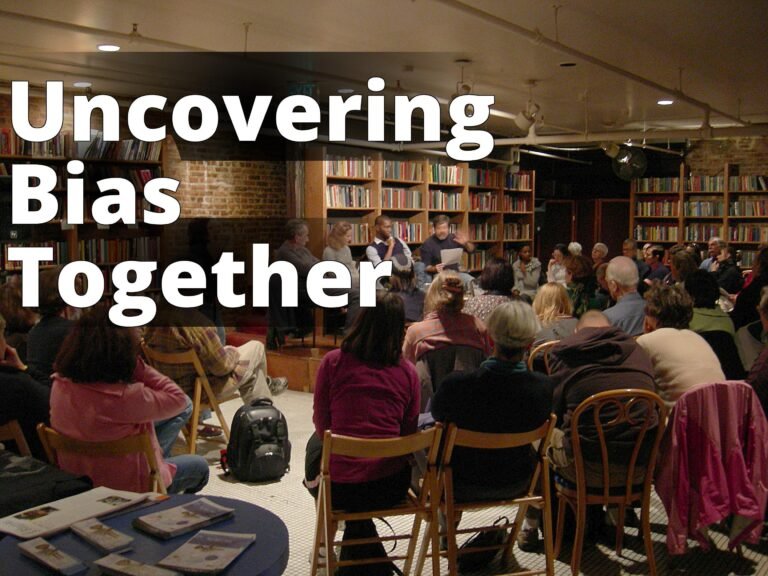The Evolution of Belief Systems
Belief systems have undergone immense transformation over the course of human history, evolving from primal spirituality to complex religious doctrines that shape societies today. This metamorphosis isnt just a historical curiosity; its a cornerstone of human civilization, molding cultures, laws, and individual identities. But what drives this evolution, and how does it continue to impact the modern world? These questions form the crux of our exploration into the evolution of belief systems.
The Evolution of Belief Systems
The genesis of belief systems can be traced back to the earliest human societies, where animism and shamanistic practices were prevalent. These primitive belief systems were deeply intertwined with the natural world, reflecting humanitys nascent understanding of their environment. People imbued elements of nature with spirits and deities, attributing supernatural significance to their surroundings. Such beliefs were not only spiritual but also practical, helping to explain natural phenomena and instill societal norms.
Insider Tip: According to anthropologist Edward Burnett Tylor, animism is considered the earliest form of religion, suggesting that the attribution of souls to natural entities was humanity’s first attempt at explaining the unexplainable.
As societies grew more complex, so did their belief systems. The agricultural revolution catalyzed a shift from nomadic lifestyles to settled communities, prompting the emergence of polytheistic religions. These religions, like those of ancient Egypt and Greece, often featured a pantheon of gods with distinct roles and characteristics. Such systems reflected the social hierarchies and power structures of these burgeoning civilizations, where gods were often seen as divine rulers akin to earthly kings.
The Transition to Monotheism
The transition to monotheistic belief systems marked a significant turning point in the evolution of religious thought. Judaism, Christianity, and Islam are prime examples of monotheistic faiths that emerged and spread across vast geographical regions. This shift towards monotheism can be partially attributed to the centralization of religious power and the unification of diverse peoples under a single deity, thereby promoting social cohesion and political stability.
The spread of Christianity, for instance, was facilitated by the Roman Empires vast network, which allowed for the dissemination of religious texts and ideas. Similarly, the spread of Islam was accelerated by trade routes and conquests, further illustrating how societal structures and historical events influence the evolution of belief systems.
Thought-Provoking Question: How might our understanding of historical events change if we viewed them through the lens of religious evolution?
The Role of Science and Enlightenment
The Enlightenment era ushered in a new wave of skepticism and scientific inquiry that challenged traditional religious beliefs. Figures like Galileo and Darwin introduced revolutionary ideas that contradicted established religious doctrines, prompting a reevaluation of faith and reason. The conflict between science and religion during this period is emblematic of the broader struggle between tradition and progress, highlighting the dynamic nature of belief systems.
Insider Tip: The Scopes “Monkey” Trial of 1925 is a classic example of this conflict, where the teaching of evolution in schools was legally contested, underscoring the tension between scientific understanding and religious beliefs.
Despite this tension, many belief systems have adapted to incorporate scientific discoveries, illustrating the flexibility and resilience of religious thought. For instance, the Catholic Church has embraced aspects of evolutionary theory, demonstrating a willingness to reconcile faith with scientific evidence.
Modern Secularism and New Age Spirituality
In contemporary society, secularism has gained prominence, particularly in Western cultures, where a decline in organized religion has been observed. This trend reflects broader societal changes, including increased access to education and diverse sources of information. However, the decline of traditional religious institutions has not led to the disappearance of spirituality; rather, it has paved the way for new forms of spiritual expression.
New Age spirituality, with its emphasis on personal enlightenment and holistic practices, has gained traction as an alternative to traditional religions. This movement is characterized by a fusion of ancient wisdom and modern philosophies, reflecting a desire for individualized and experiential forms of belief. Practices such as meditation, yoga, and mindfulness have become mainstream, indicating a shift towards more personalized spiritual experiences.
Thought-Provoking Question: In what ways might new forms of spirituality fill the void left by declining traditional religions?
The Impact of Technology and Globalization
Technology and globalization have further accelerated the evolution of belief systems, facilitating the exchange of ideas and beliefs across cultures. The internet, in particular, has democratized access to information, allowing individuals to explore and adopt diverse spiritual practices from around the world. This interconnectedness has led to the emergence of hybrid belief systems that blend elements from various traditions, reflecting an increasingly globalized world.
Social media platforms have also played a crucial role in shaping modern belief systems, enabling the rapid dissemination of religious and spiritual content. Online communities provide spaces for individuals to connect and share their beliefs, fostering a sense of belonging and collective identity.
Insider Tip: The rise of digital spirituality is exemplified by the popularity of online meditation apps and virtual religious gatherings, which offer accessible and flexible ways for individuals to engage with their spirituality.
The Role of Belief Systems in Society
Belief systems continue to play a crucial role in shaping societal norms and values, influencing everything from politics to personal relationships. They provide a framework for understanding the world and navigating life’s challenges, offering comfort and guidance in times of uncertainty. However, the influence of belief systems is not always positive; they can also perpetuate social divisions and conflict, as seen in religious wars and sectarian violence throughout history.
The interplay between belief systems and society is complex and multifaceted, reflecting the diverse ways in which individuals and communities interpret and express their faith. As belief systems evolve, they must adapt to changing social, cultural, and political landscapes, balancing tradition with innovation.
A Journey of Faith: Maria’s Transformation
As I reflect on the evolution of belief systems, I can’t help but think of my friend Maria. Growing up in a small town in Texas, Maria was raised in a strictly Catholic household. Her family attended church every Sunday, and her life was woven with the threads of traditional beliefs. However, as she entered college, she was exposed to diverse perspectives and ideologies that challenged her upbringing.
During her sophomore year, Maria took a course on comparative religions, which opened her eyes to the rich tapestry of worldviews. She became friends with students from different backgrounds, including Islam, Buddhism, and Hinduism. One evening, over coffee, her friend Aisha shared stories about her faith and how it shaped her values and relationships. Maria found herself captivated by the similarities and differences they discussed.
This experience sparked a profound internal dialogue for Maria. She began to question her own beliefs and what faith truly meant to her. Instead of feeling lost, she embraced this journey of exploration. Maria started attending different religious services, engaging in discussions, and reading literature from various traditions. Over the course of two years, she evolved from a strictly adherent Catholic to someone who identifies as spiritual but not religious, drawing wisdom from multiple belief systems.
Marias story exemplifies how exposure to diverse beliefs can lead to a transformative journey. It highlights the importance of open-mindedness and the willingness to evolve ones beliefs, ultimately enriching ones personal worldview.
The Future of Belief Systems
Looking ahead, the future of belief systems is likely to be shaped by ongoing social and technological changes. As societies become more diverse and interconnected, belief systems will continue to evolve, reflecting the complex interplay of tradition and modernity. The rise of artificial intelligence and biotechnology may also pose new challenges and opportunities for belief systems, prompting questions about the nature of consciousness, identity, and morality.
Thought-Provoking Question: How might advancements in technology and science reshape our understanding of spirituality and belief?
Conclusion
The evolution of belief systems is a testament to humanity’s enduring quest for meaning and understanding. From primitive animism to modern spirituality, belief systems have adapted to reflect the changing needs and values of society. As we look to the future, it is clear that belief systems will continue to evolve, shaping and being shaped by the world around us.
In a world that is increasingly complex and interconnected, understanding the evolution of belief systems is more important than ever. It challenges us to reflect on our own beliefs and consider how they fit into the broader tapestry of human history and culture. By exploring the evolution of belief systems, we can gain valuable insights into the forces that have shaped our world and the potential for new forms of spiritual expression in the future.
For further exploration of how belief systems intersect with other societal components, visit Thin White Lies for a deeper dive into the philosophical underpinnings of modern belief structures.
Questions and Answers
Who first studied the evolution of belief systems in philosophy?
Many philosophers, like Hegel and Marx, explored belief system evolution.
What are the main stages in the evolution of belief systems?
The main stages include animism, polytheism, monotheism, and secularism.
How do cultural changes impact the evolution of belief systems?
Cultural changes shape beliefs by influencing values, practices, and ideas.
Why should I study the evolution of belief systems in philosophy?
Studying this evolution provides insights into human thought and society.
What is a common misconception about belief system evolution?
Many believe it is linear, but it often involves complex, overlapping changes.
How can I apply the evolution of belief systems to modern issues?
Understanding beliefs helps address conflicts and promotes tolerance today.
With over two decades of experience in anthropology and religious studies, the author offers a profound understanding of the dynamics of belief systems. Holding a PhD from Harvard University in Comparative Religion, they have conducted extensive field research in various cultures, documenting the shifts in belief paradigms. Their work has been published in peer-reviewed journals such as the Journal of the American Academy of Religion, where they explored the transition to monotheism in ancient societies. Additionally, they have contributed to the Encyclopedia of Global Religion, analyzing the impact of globalization on contemporary spiritual practices. Their recent book, “Belief in Flux,” delves into the intersection of technology and spirituality, drawing on studies from institutions like the Pew Research Center. They have also been a keynote speaker at international conferences, sharing insights on modern secularism and the evolution of belief systems, making their expertise invaluable for understanding today’s complex spiritual landscape.







